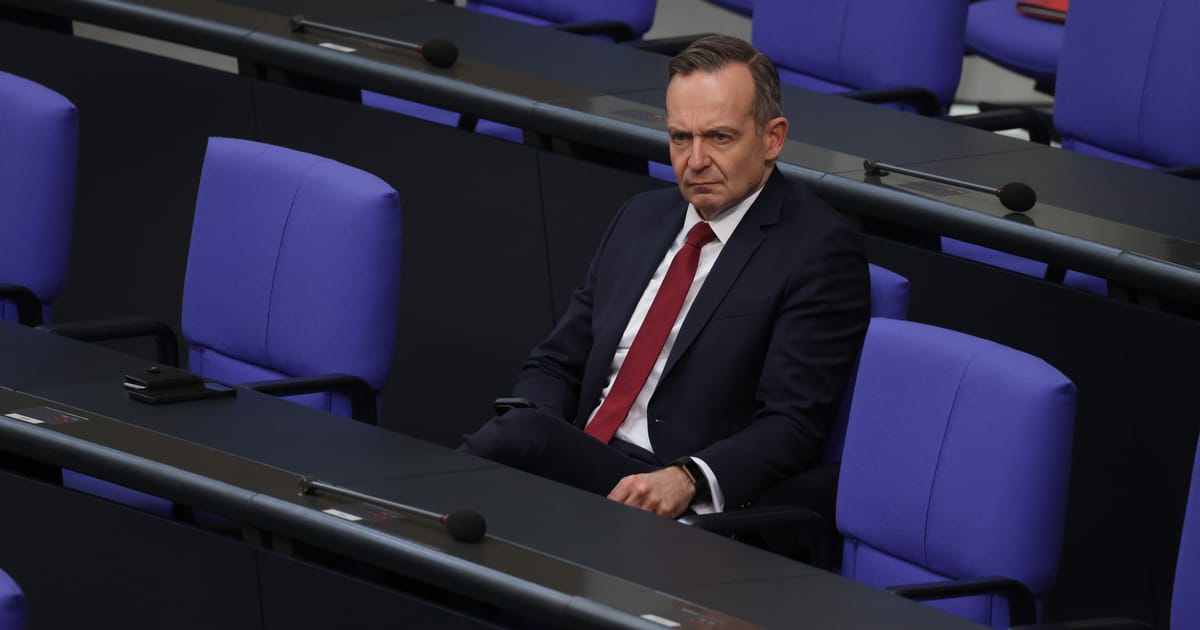The regime of the highly sought 9-euro monthly ticket shall be coming to an end today. For those who are unfamiliar with what the 9-euro ticket means, it is a limited special offer for local public transport in Germany financed by the German government.

www.linkedin.com
Five unintended consequences and Five lessons
Unintended consequences
1. Chaos in trains and stations: This is one that every user of public transport can resonate with. The high patronage of the 9-euro ticket resulted not only in over-crowded trains and stations but also long delays and sometimes cancellations of trips. In June 2022, only
58% of long-distance trains were punctual – a 14-year low. This share of delay is worse when you consider that cancelled train trips were not included.
2. Fatigue of employees and wear on trains: this is largely a consequence of the first. The ticket controllers, drivers and cleaning employees had a tough time battling the surge in passengers. Unruly passengers who
disobeyed basic rules did not make the situation better for employees who often had to work overtime. Similarly, the trains were stretched to their limits as it was evidenced by several defective toilets in train coaches. On one occasion in June, all the toilets
on a regional train were non-functional.
3. Poor user experience for non-frequent users: The 9-euro ticket was not only to serve as a welfare instrument but also as a marketing tool for public transport. Sadly, a good service might have been wrong marketed. While frequent users of public transport are familiar with the serenity of regular train rides, the sad experiences for non-frequent users could leave a sour taste in their mouths and reinforce their justification for private commutes.
4. Threat to multimodality: one of the successes of Germany’s sustainable transport movement is
multimodality. Bicycles contribute a large part to this - thanks to the availability of bike-friendly infrastructure. Even trains often have an entire coach dedicated to storing bikes on train trips. Unfortunately,
some operators had to ban bike-accompanying passengers to accommodate the huge turnout of passengers. An important element that is easy to miss is those bike-accompanying passengers often alight in areas that are sparingly served by buses to complete their trips.
5. Increase in non-essential trips: preliminary surveys show
that a significant share of trips made during this period would have not been made if the 9-euro ticket was not available – hence non-essential. As one passenger put it,
“I plan to visit friends all over Germany”. If validated, this would be counterproductive as the aim is to shift private commute to public transport and not simply to increase public transport ridership.
Lessons
1. High desire to use public transport: perhaps the most obvious lesson is that residents are willing to use public transport under the right conditions, particularly pricing. The
record sales volume of 52 million tickets made by the transport operators as well as the
high ridership recorded is sufficient proof of this.
2. Ticket pricing structure: despite the success of most regional transport associations (Verkehrsverbund) in infrastructure provision, their pricing structure remains an impediment to passengers’ travel experience. It is common for Verkehrsverbund in big cities to have different prices multiple (often > 10) for weekly and monthly tickets based on several rings and zones. The simplicity offered by the 9-euro ticket was a
relief to passengers.
3. Private car trips: some surveys have shown that the number of private car trips prevented during the 9-euro ticket period was negligible. Some put the figure
as low as 3%. This implies that cheap public transport ticket is not a sufficient driver for retiring private commutes. The fuel subsidy offered in parallel was also counteractive as it made private commutes cheaper. If society is desirous of making a switch from private car trips to public transport,
'creative destruction' measures must be adopted to discourage private car ownership and use.
4. Rural development: One of the few groups opposed to the 9-euro ticket was
rural dwellers. The public transport coverage of these communities is often poor. This section of the society considered it more important for their public transport infrastructure to be improved. Special attention needs to be given to the design and implementation of public transport in rural areas so that the gains made in the cities are not eroded.
5. Inadequate capacity: Although Deutsche Bahn and the Verkehrsverbund might boast of a healthy fleet, the chaotic conditions experienced by passengers in trains and train stations during this period reveal that the capacity is just enough for a business-as-usual scenario. If any measure shall be taken to promote the use of public transport in the future, the question of capacity must be properly addressed before the roll-out. This is critical to ensure sustainable results.





